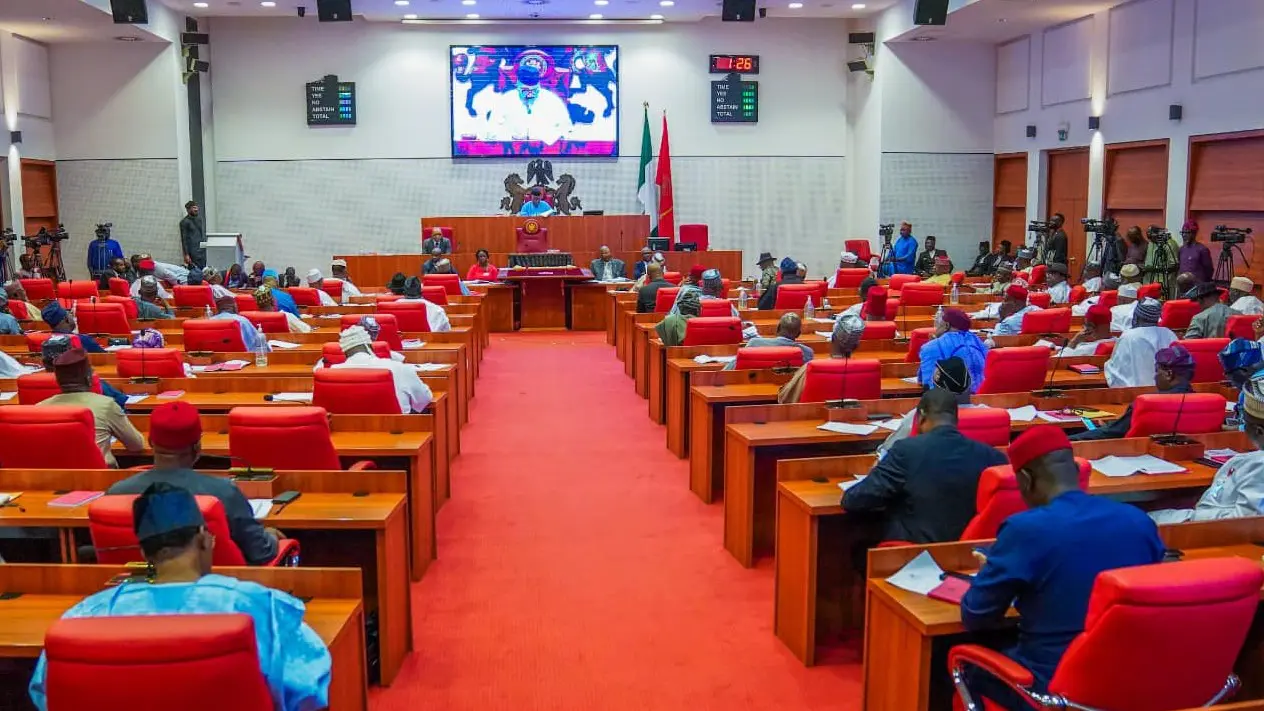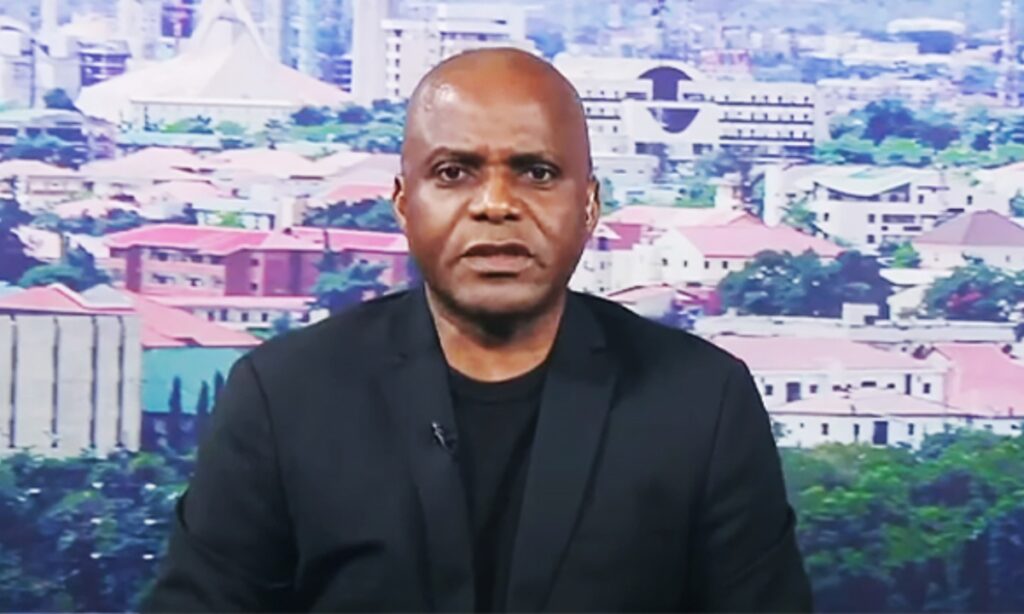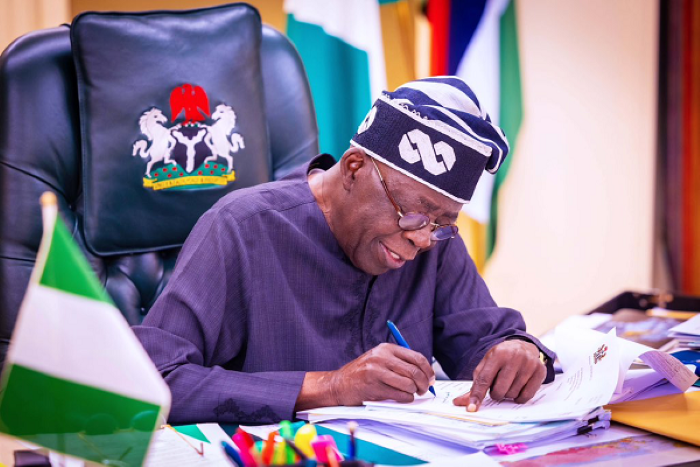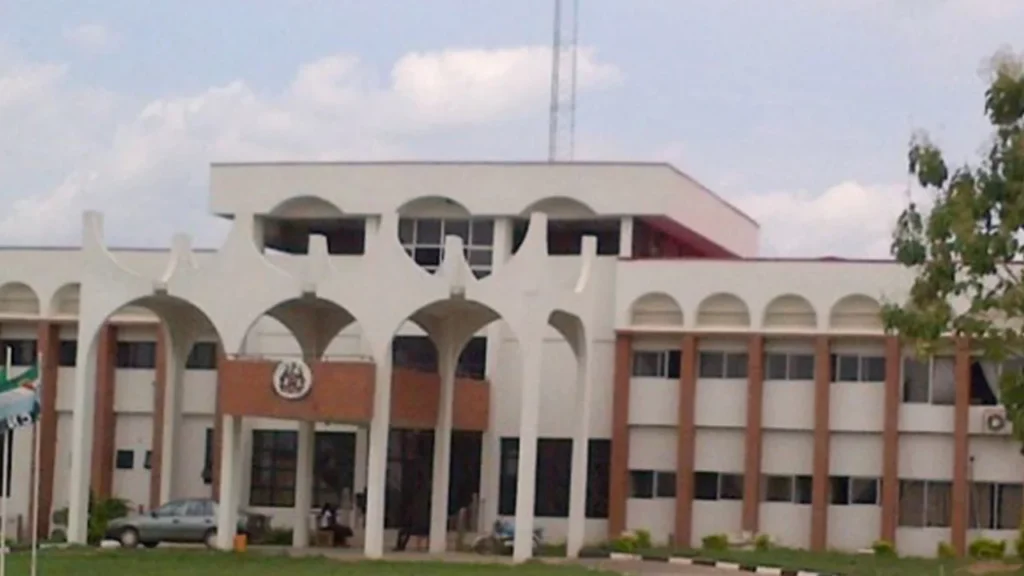Now Reading: Senate Demands Answers as NNPCL Fails to Account for Missing N201 Trillion
-
01
Senate Demands Answers as NNPCL Fails to Account for Missing N201 Trillion
Senate Demands Answers as NNPCL Fails to Account for Missing N201 Trillion

Tempers flared in the Senate on Wednesday, June 18, as lawmakers issued a 7-day ultimatum to the Nigerian National Petroleum Company Limited (NNPCL) to explain the disappearance of over N201 trillion from its audited financial records between 2017 and 2023, a revelation that has ignited serious concerns over transparency, corruption, and national accountability.
The Senate Committee on Public Accounts, chaired by Senator Aliyu Wadada, summoned NNPCL’s Chief Financial Officer, Dapo Segun, alongside other top executives, to address what lawmakers described as an “unacceptable breach of fiscal integrity” in the oil giant’s books. The figures under scrutiny reportedly span several fiscal years and relate primarily to accrued expenses and receivables.
Senator Wadada, visibly upset during the session, disclosed that over N103 trillion was recorded as accrued expenses without documentation, including N600 billion in unexplained retention fees and billions more categorized under vague legal and auditor charges. “These figures are not minor inconsistencies—they are red flags,” he said.
Despite being Nigeria’s top revenue-generating corporation, NNPCL has faced mounting criticism for operating with limited public scrutiny since its transition to a limited liability company in 2021. This latest financial controversy only deepens public skepticism over its operations and the federal government’s oversight.
“How do you quote N600 billion in retention fees without a single contract to back it up? This reeks of systemic abuse,” Wadada said, warning that the Senate will not back down in using all its constitutional powers to compel accountability, even if it means inviting anti-corruption agencies into the fray.
Lawmakers have also raised concerns about receivables worth N108 trillion, allegedly listed without transactional backing. The committee is now demanding a forensic breakdown of each figure and expects NNPCL to return before the Senate no later than June 25, 2025, with verifiable documents or risk sanctions.
NNPCL has yet to issue an official response, but industry insiders say the firm is under immense internal pressure, especially with recent global scrutiny on resource transparency across Africa’s energy-producing nations.
This probe marks a critical moment for the Tinubu administration, whose economic reforms hinge on boosting investor confidence and tightening revenue leaks. Whether this case becomes a turning point or just another unresolved scandal remains to be seen.




